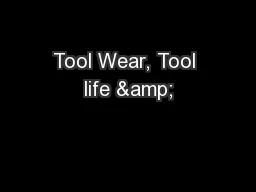PPT-What you see depends on the spectacles you wear.
Author : lindy-dunigan | Published Date : 2017-01-16
David Taylor dcmtlivacuk httpwwwlivacukdcmt How do you choose Personal preferencecomfort World view Quantitative or qualitative If you think there is always an objective
Presentation Embed Code
Download Presentation
Download Presentation The PPT/PDF document "What you see depends on the spectacles y..." is the property of its rightful owner. Permission is granted to download and print the materials on this website for personal, non-commercial use only, and to display it on your personal computer provided you do not modify the materials and that you retain all copyright notices contained in the materials. By downloading content from our website, you accept the terms of this agreement.
What you see depends on the spectacles you wear.: Transcript
Download Rules Of Document
"What you see depends on the spectacles you wear."The content belongs to its owner. You may download and print it for personal use, without modification, and keep all copyright notices. By downloading, you agree to these terms.
Related Documents














